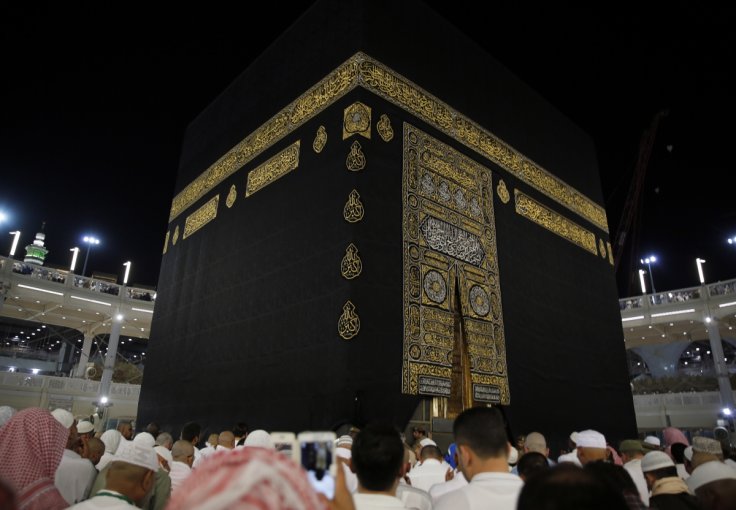Saudi Arabia, the seat of Islam's two of the holiest sites, suspended the entry of pilgrims for 'umrah' on Thursday, February 27. The step was taken in light of the novel coronavirus cases spreading in the middle-east. No time frame has been given, till when will the suspension be in place. This raised questions about the annual 'hajj' pilgrimage, set to start in July.
Saudi Arabia suspends 'umrah' pilgrimage

Although the Saudi Kingdom hasn't reported any cases of Covid-19 infection, cases mounting in the middle-east, prompted the government to take some extraordinary steps to curb the disease from spreading. "The kingdom's government has decided to take the following precautions: suspending entry to the kingdom for the purpose of 'umrah' and visit the Prophet's mosque temporarily," the foreign ministry said in a statement, AFP reported.
"Suspending entry into the kingdom with tourist visas for those coming from countries, in which the spread of the new coronavirus (COVID-19) is a danger," the statement added. 'Umrah' refers to an Islamic pilgrimage to Mecca that can be undertaken at any time of the year. Mecca is Islam's holiest site, the birthplace of Prophet Mohammed, where he recited the first revelation of Quran. The pilgrimage serves as a major source of revenue for the Saudi kingdom, thus boosting its religious tourism sector.
Questions over annual 'hajj' pilgrimage
Steps taken by the Saudi government, along with looming coronavirus fear, raises questions about the impending 'hajj' pilgrimage, set to begin in July. While 'umrah' pilgrimage can be undertaken at any time of the year, 'hajj' can be undertaken on specific dates according to the Islamic lunar calendar. It is considered one of the five pillars of Islam.
About 2.5 million hajj pilgrims visited Islam's holiest shrine, last year. Religious tourism is an important component of Saudi crown prince Mohammed bin Salman's 'Vision 2030', of shifting the Saudi economy's dependence away from oil.









